In 47% of canine cases, cancer is the primary killer, per data from the Veterinary Cancer Society. It’s a sad fact that some dog breeds are more likely to get cancer than others. We have compiled a list of the top 10 breeds that are most prone to developing cancer.
Rottweilers
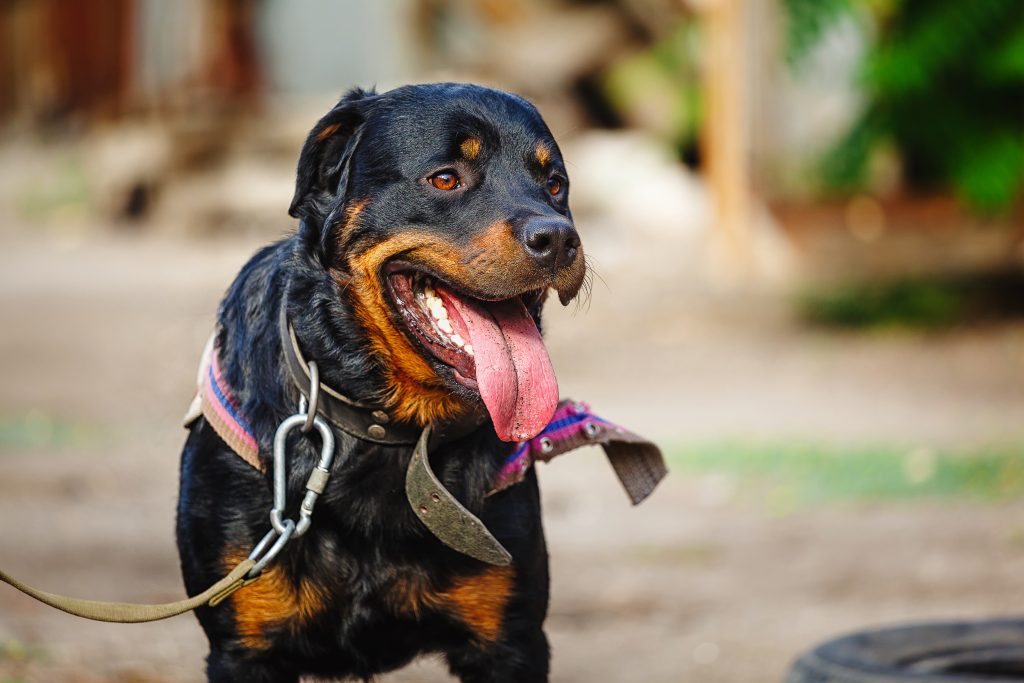
It’s common knowledge that Rottweilers experience a wide range of health issues as they age. Rottweilers have a lifespan of between 8 to 12 years and are prone to diseases such as bone cancer, elbow and hip dysplasia, and stomach torsion.
Bernese Mountain Dogs
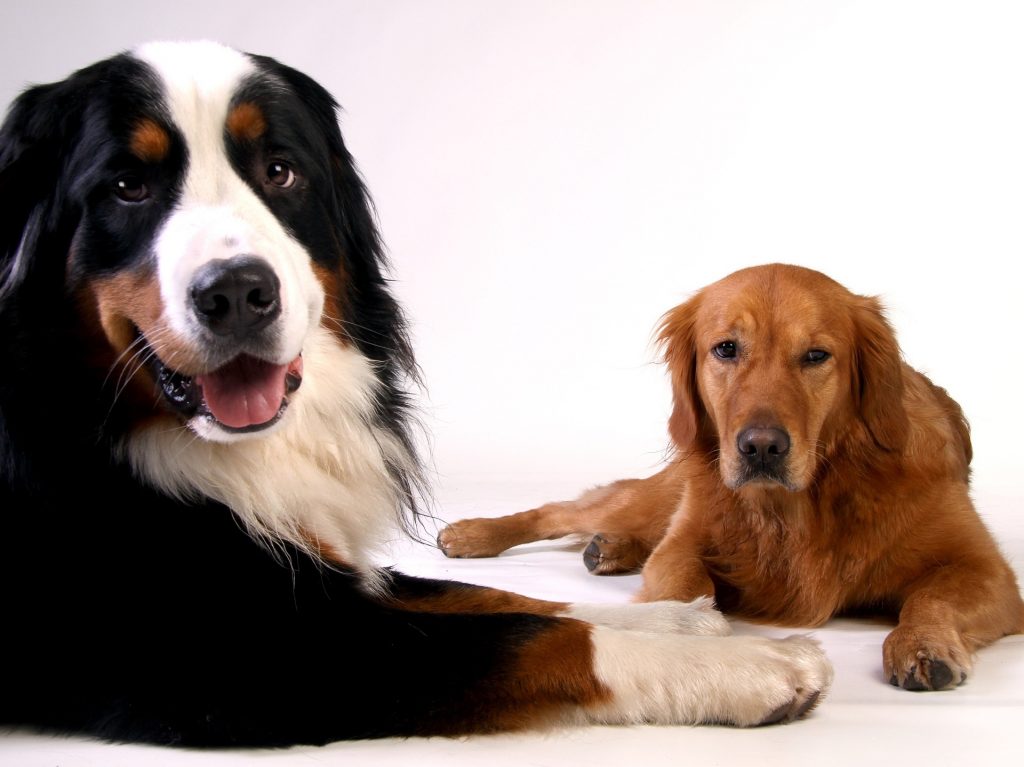
Unfortunately, the gigantic size of the breed causes a variety of health concerns, making the life expectancy of this otherwise ideal family pet one of the shortest. The huge Bernese Mountain dog breed needs regular exercise and a healthy diet to thrive. Mast cell tumors are the most common malignancy in this breed.
Bouvier des Flandres
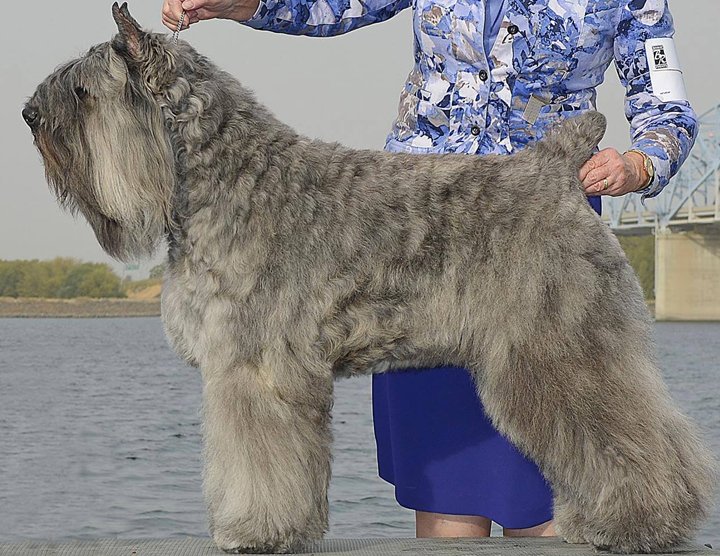
Gastric cancer is a genetic predisposition in Bouvier des Flandres. Malignant stomach cancer is quite common in this breed. On average, the lifespan of this nimble farm dog is between 10 and 12 years. This herding dog need a nutritious diet and regular exercise to stay in peak condition.
German Shepherd
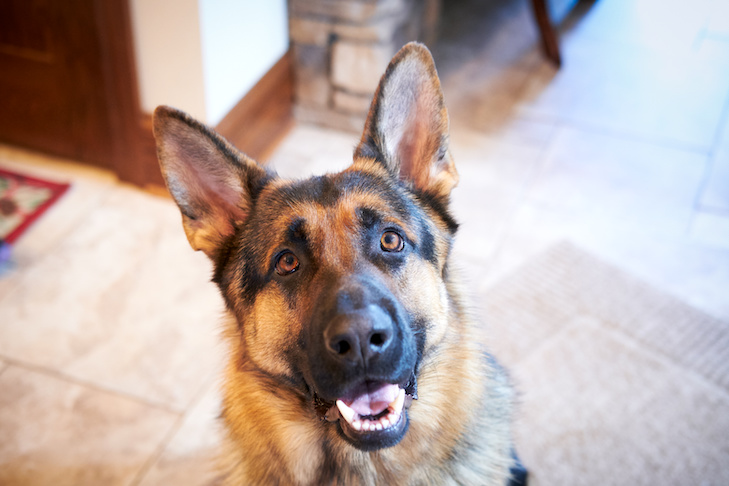
Cancers such as hemangiosarcoma and osteosarcoma are much more common in German Shepherds. This cancer of the blood vessels is called hemangiosarcoma, and it is very dangerous. The heart or spleen are common sites for this kind of cancer to manifest. Internal bleeding may develop as the tumor expands. The gums of a German Shepherd’s mouth are a reliable indicator of the health of their circulatory system. It’s concerning that your gums are so white.
Great Dane
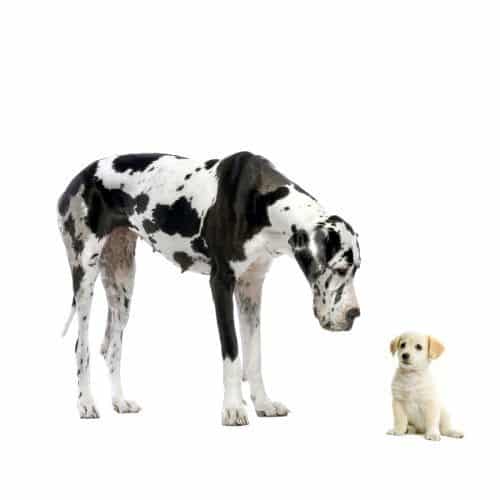
A Great Dane may expect to live between 7 and 10 years. The Great Dane’s enormous size is a risk factor for several diseases, including cancer. There is a high risk of osteosarcoma and cardiomyopathy in Great Danes.
Labrador Retriever
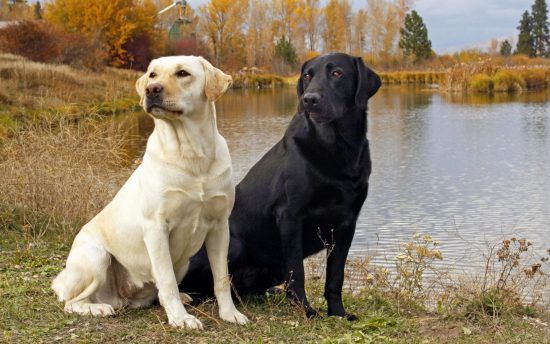
You can trust your family’s safety and comfort to a Labrador Retriever, and they also make great hunting companions and service animals. The Labrador, like many other dog breeds, is unfortunately predisposed to developing lymphosarcoma.
This kind of cancer occurs often in canine lymph nodes, spleens, and livers, among other organs. Untreated, this malignancy may be very lethal. This breed is prone to developing Lymphoma as well as canine elbow, shoulder, and hip dysplasia and osteochondritis dissecans in old age.
Cocker Spaniel

There is a hereditary predisposition for breast cancer in English Cocker spaniels. As much as 30% of these tumors are malignant, and unless they are discovered and treated quickly, they will have a negative impact on their health.
Boxer
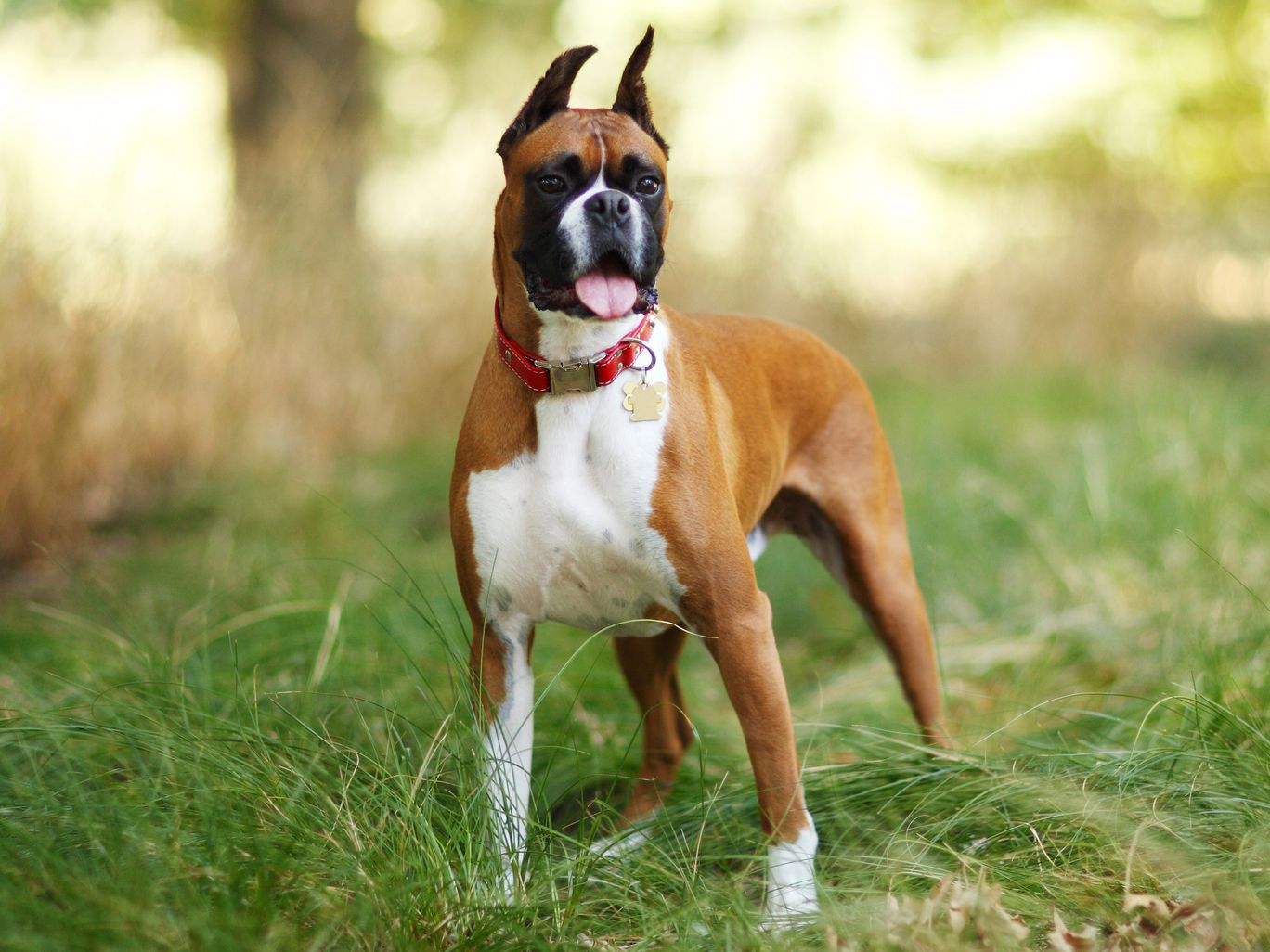
It’s easy to see how this friendly, inquisitive breed might quickly become a beloved member of any household. However, as they age, dogs of this breed have a higher risk of developing cancer. Boxers have a limited life expectancy of around 8-10 years, thus they need to engage in regular mental and physical activity. Boxers’ small noses, although adorable, put them at a higher risk of developing gliomas.
One sort of brain tumor, called a glioma, develops from the brain’s glial cells (its supporting cells), and as it grows, it presses on neighboring brain tissue, eventually killing it. Malignant and difficult to cure, these tumors are thus way.
Doberman Pinscher
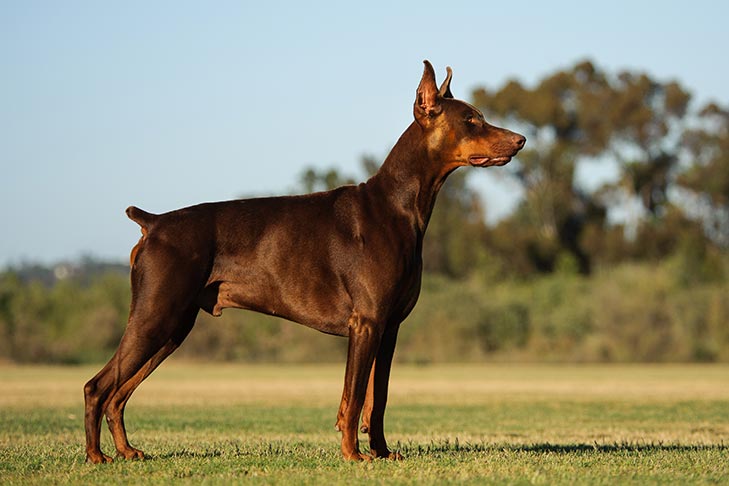
Bone cancer is the most prevalent kind of cancer in Dobermans, and it often manifests as a mass on the dog’s shoulders or legs. While male Dobermans are disproportionately affected by prostate cancer, female Dobermans have always been at risk for and most often lost to mammary cancer.
Golden Retriever

Cancer was shown to be the cause of death for 61.4% of Golden Retrievers, according to the Golden Retriever Club of America (GRCA). Hemangiosarcoma and lymphoma are the most frequent cancers in Golden Retrievers.
It is astonishing and alarming to see that in 1988, the University of Pennsylvania School of Veterinary Medicine made no note of the breed’s high cancer risk. Yet by 1999, just 11 years later, cancer was responsible for the deaths of approximately 60% of Golden Retrievers.